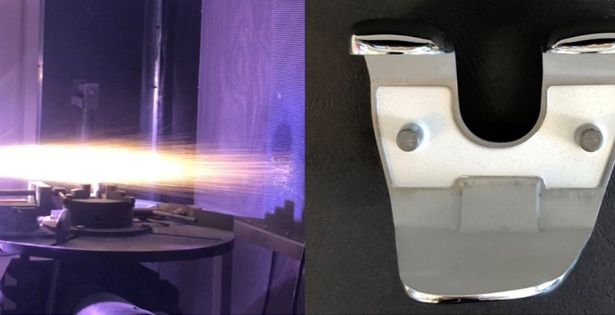Improving manufacturability of Sr-HT coated orthopaedic implants


Industry partner
Allegra Orthopaedic

Research organisation
Swinburne University
SEAM
RMIT University

Manufacturing investment
$374,262
($59,170 IMCRC)
for 2021-22
Developing a novel coating manufacturing process
Challenge
Orthopaedic implants with adequate coating properties that reduce the risk of infections and thus re-surgery are high in demand. Allegra Orthopaedics has proven that its bioceramic Sr-HT coatings outperform hydroxyapatite coatings, which are commonly used for load bearing orthopaedic implants. Yet, processing and depositing the bioceramic material onto othopaedic implants is complex, requiring Allegra to explore a new coating techniques.
Proposed Solution
Allegra Orthopaedics Ltd has partnered with Swinburne’s ARC Training Centre for Surface Engineering for Advanced Materials (SEAM) and RMIT University to explore a new coating manufacturing process to deposit its proprietary bioceramic material onto orthopaedic implants.
Taking the technical lead in the 12 month project, SEAM researchers will prototype a new coating manufacturing process by investigating how a state-of-the-art liquid suspension plasma spray system could be used to manufacture Sr-HT bioceramic coatings. Without the need to agglomerate dry feedstock as required for conventional plasma spray coatings, using liquid suspension will improve the efficiency of the coating process. The new process will also allow Allegra to manufacture implants with unique hierarchical nano-micro scale features and enhanced biointegration with the bone as well as antifouling properties, which will be test by RMIT.
